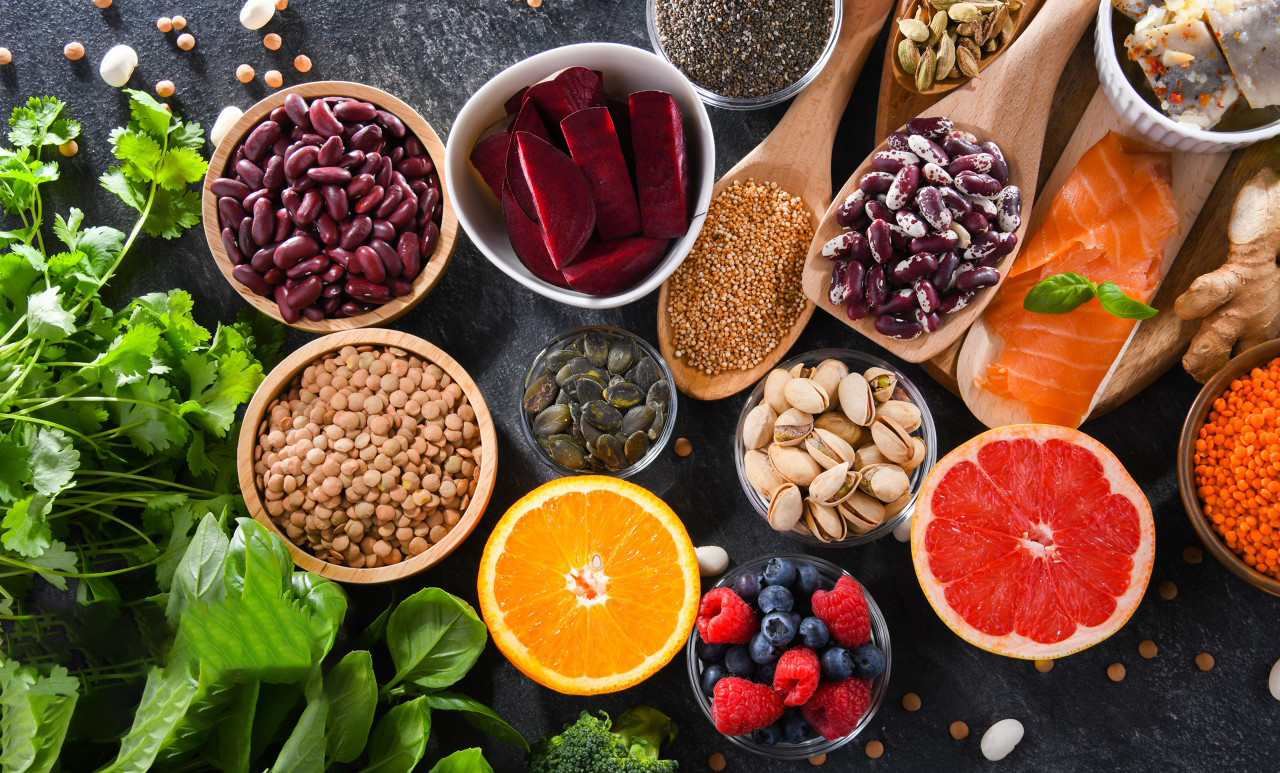L-Arginine is an amino acid that plays a significant role in various physiological functions, including the production of nitric oxide, which helps in blood vessel dilation and improving blood flow. There is some interest in L-Arginine supplementation for various health conditions, including osteoarthritis (OA), though research is limited and results are mixed.
L-Arginine and Osteoarthritis:
- Anti-inflammatory Effects: L-Arginine is thought to potentially reduce inflammation, which is a key component of osteoarthritis. Nitric oxide, produced from L-arginine, may help modulate the immune response and reduce joint inflammation.
- Pain Relief: Some studies suggest that L-Arginine may have pain-relieving properties by improving circulation and reducing oxidative stress. This could theoretically help with the discomfort associated with OA.
- Cartilage Health: While not directly proven, L-Arginine might support joint health by promoting the repair of tissues and improving the overall function of the cartilage, although more research is needed in this area.
Current Research:
Research specifically on L-Arginine for osteoarthritis is still emerging, and while it shows potential, more robust clinical studies are necessary to confirm its benefits for OA patients. Some studies in animals and small-scale human trials have shown positive outcomes, but no large-scale, conclusive evidence exists.

Dosage and Side Effects:
- L-Arginine supplementation is typically taken in doses ranging from 2 to 6 grams per day, depending on individual health conditions and goals.
- Possible side effects may include gastrointestinal discomfort (bloating, diarrhea), and in some cases, low blood pressure due to vasodilation effects.
It’s important to consult with a healthcare provider before considering L-arginine supplementation, particularly if you have other health conditions or are taking medications.
If you’re looking for specific studies or more detailed information, feel free to ask!
Food Source of L-Arginine
L-Arginine is an amino acid that is important for various physiological functions, including protein synthesis and the production of nitric oxide, which helps with blood flow. Some foods rich in L-Arginine include:
Meat and poultry:
- Turkey
- Chicken
- Pork
- Beef
Fish and seafood:
- Salmon
- Tuna
- Shrimp
Dairy products:
- Milk
- Cheese
- Yogurt
Nuts and seeds:
- Almonds
- Walnuts
- Peanuts
- Pumpkin seeds
- Sesame seeds
Legumes:
- Chickpeas
- Lentils
- Beans

Whole grains:
- Oats
- Quinoa
- Brown rice
Vegetables:
- Spinach
- Seaweed
Fruits:
- Watermelon (contains citrulline, which is converted into arginine in the body)
Incorporating these foods into your diet can help you maintain adequate levels of L-Arginine.
